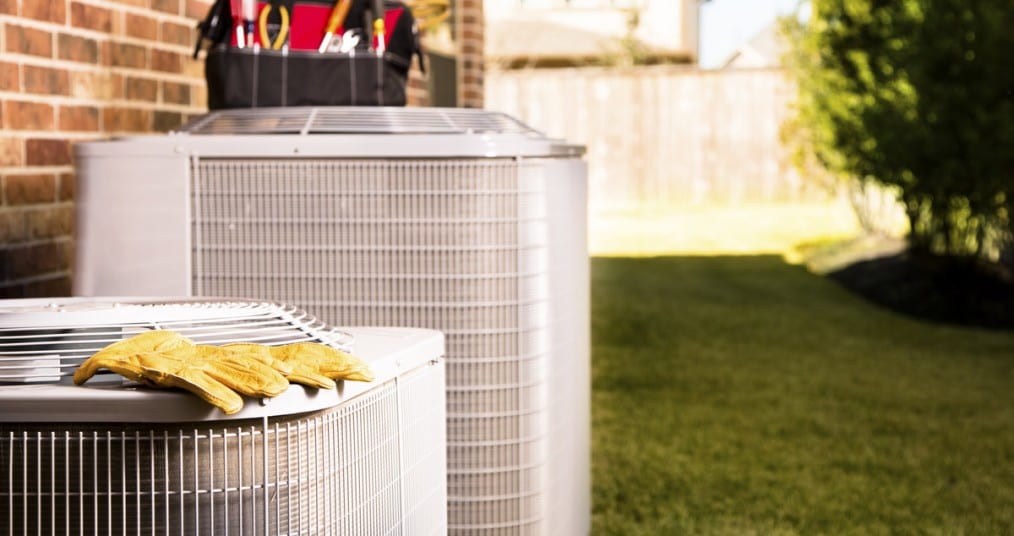5 Tips: Prepping For The Summer Heat

If your equipment has been hibernating all winter, now is the time to dust it off, tune it up, and get ready for the busiest time of the year.
Karl Johnson, director of engineering for YELLOW JACKET, recommends taking some preventive measures now to ensure that your HVAC equipment is working at the top of its game once temperatures start to rise into the triple digits.
The process of getting your system ready for the hottest part of the year is easy and doing so will save you time in the long run. Johnson offers the following tips:
1. Start Small: Some of the smallest parts can have the largest impact if they fail. Technicians should check the smaller, replaceable items such as batteries and filters and replace them if they are out of date.
2. Check Problem Areas: Most equipment is designed to last for years, but expandable items such as hoses, gaskets, cutters, and filters tend to wear out more quickly. Look for kinks, cuts, and bulges in hoses and power cords so you can catch any problems before they start. While these items may still operate in a depleted state, they’re not safe and they will prevent technicians from doing a professional job.
3. Be Aware of Cut Out: High pressure, high current and high temperature switches are crucial parts of any recovery machine. If any of these switches cut out, the machine shuts down until it is reset, costing technicians time on the job.
If the current limit switch cuts out, the tech must manually push a button to reset it, which takes a minute or two. If the temperature switch cuts out it will often take an hour or two to automatically reset. Even after a reset, whatever caused the first cut out will likely cause it to happen a second time and force the tech to abandon the call. To prevent cut out from happening, it’s essential that techs proactively test their equipment to make sure their recovery machines are running properly, especially in hot weather operation.
4. Listen for Warning Signs: One of the most common indicators that there’s an issue is noise coming from your machine. If you hear a noise that doesn’t sound right, don’t ignore it. Find out what’s wrong by re-checking your set up and finding the problem before continuing.
5. Take Note of the Heat: When air temperature rises, so does the pressure and it makes every piece of your equipment work harder. If you have work to be done on a hot day with an iffy recovery machine or one without an efficient cooling system, you should be proactive and cool the tank in a tub of ice and water before getting to work.
